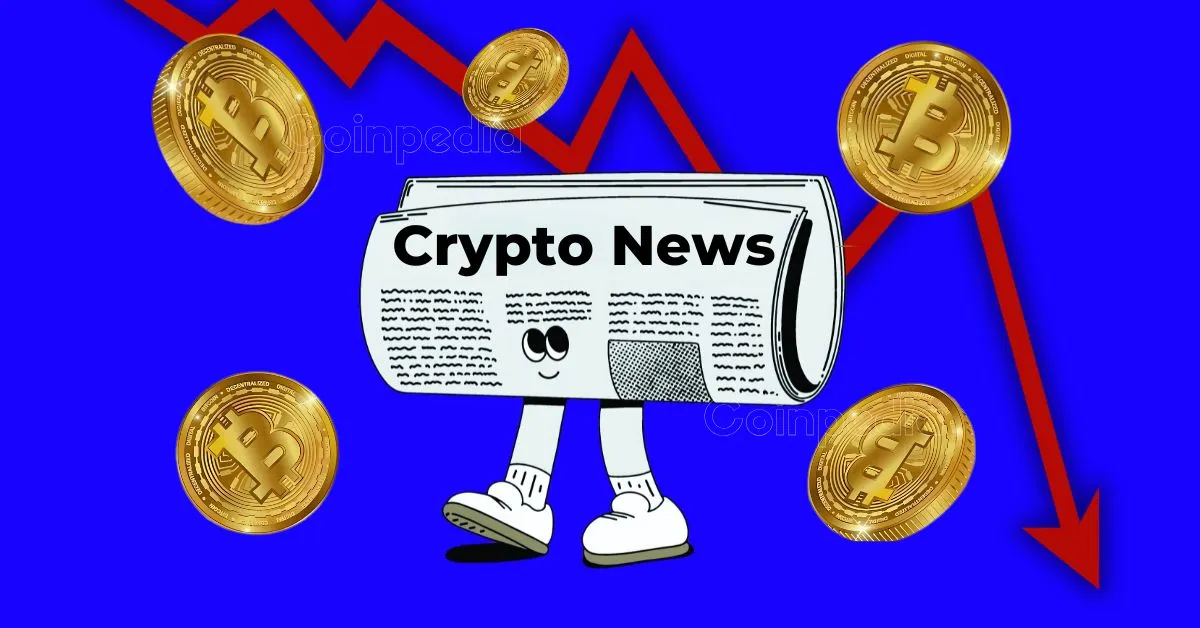Japan’s Inflation Surges to 3.2%: What This Means for the Economy
The Latest Inflation Data
On February 21, 2025, Japan’s core inflation rate reached 3.2%, marking the fastest pace in 19 months. This surge has sparked speculation that the Bank of Japan (BOJ) may implement further interest rate hikes in the near future. As a result, bond yields have risen as investors anticipate more aggressive monetary policy moves.
Economic Implications
The increase in inflation can have widespread implications for the Japanese economy. While rising prices can be a sign of increased consumer demand and economic growth, they can also lead to higher costs for businesses and consumers. If the trend continues, it could put pressure on the BOJ to tighten monetary policy further, potentially impacting borrowing costs and investment decisions.
Impact on Individuals
For individuals in Japan, higher inflation could mean increased costs for everyday goods and services. This could erode purchasing power and make it more challenging to maintain the same standard of living. Additionally, rising interest rates could make borrowing more expensive, affecting those with mortgages or other loans.
Global Ramifications
Japan’s inflation surge could have ripple effects across the global economy. As one of the world’s largest economies, developments in Japan can influence international markets and trade. Higher interest rates in Japan may also impact global financial conditions, particularly in regions with strong economic ties to Japan.
Conclusion
In conclusion, Japan’s recent inflation surge to 3.2% has significant implications for the economy, individuals, and the world at large. As policymakers consider their next steps, it will be important to monitor how these developments unfold and prepare for potential shifts in the economic landscape.





